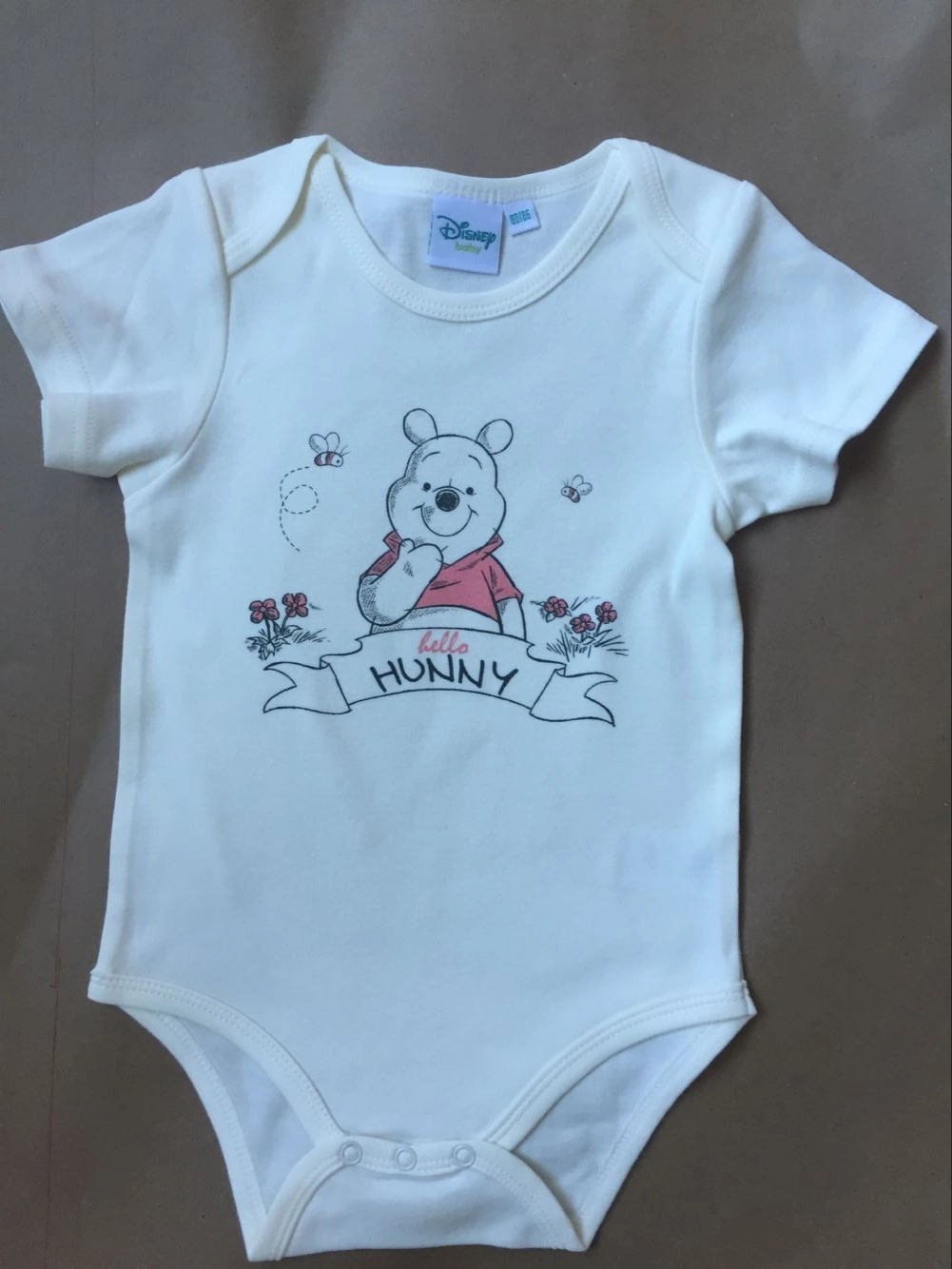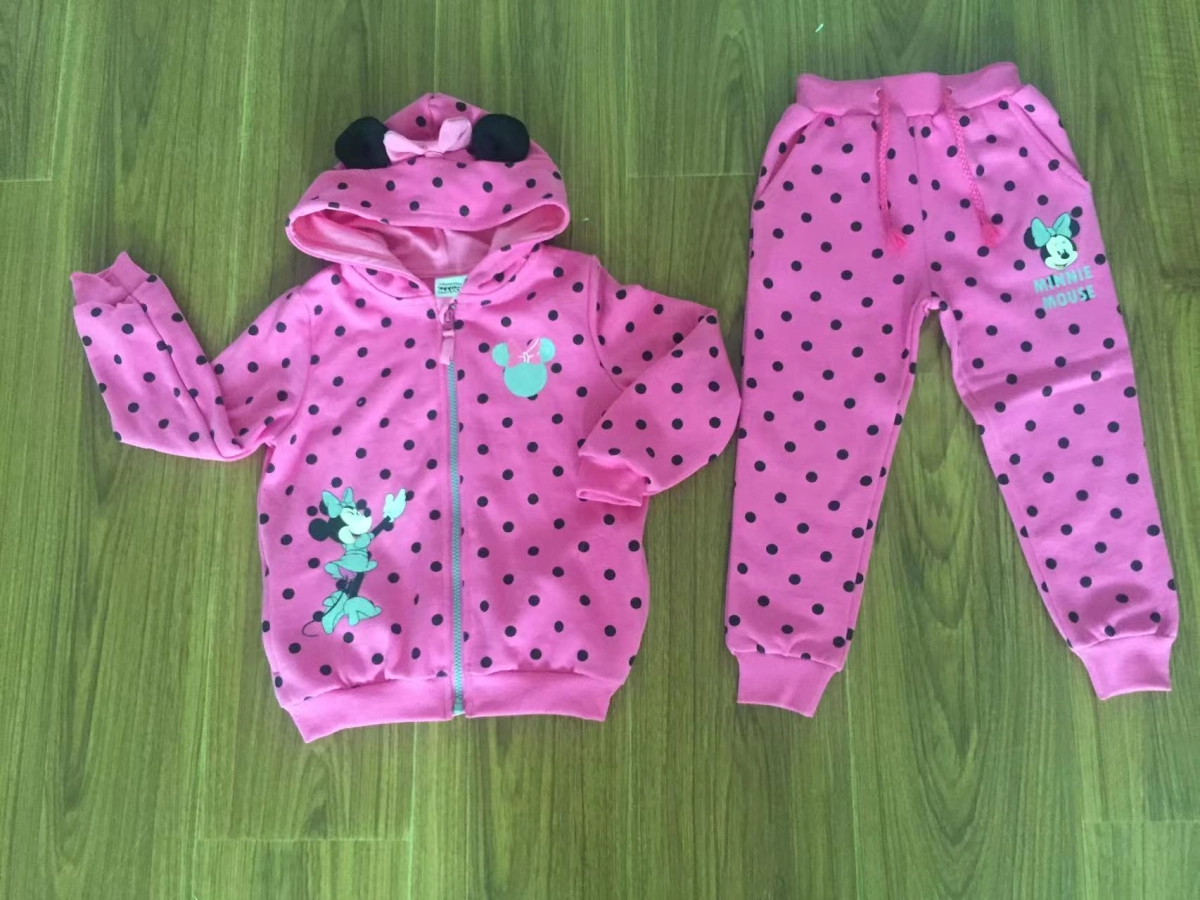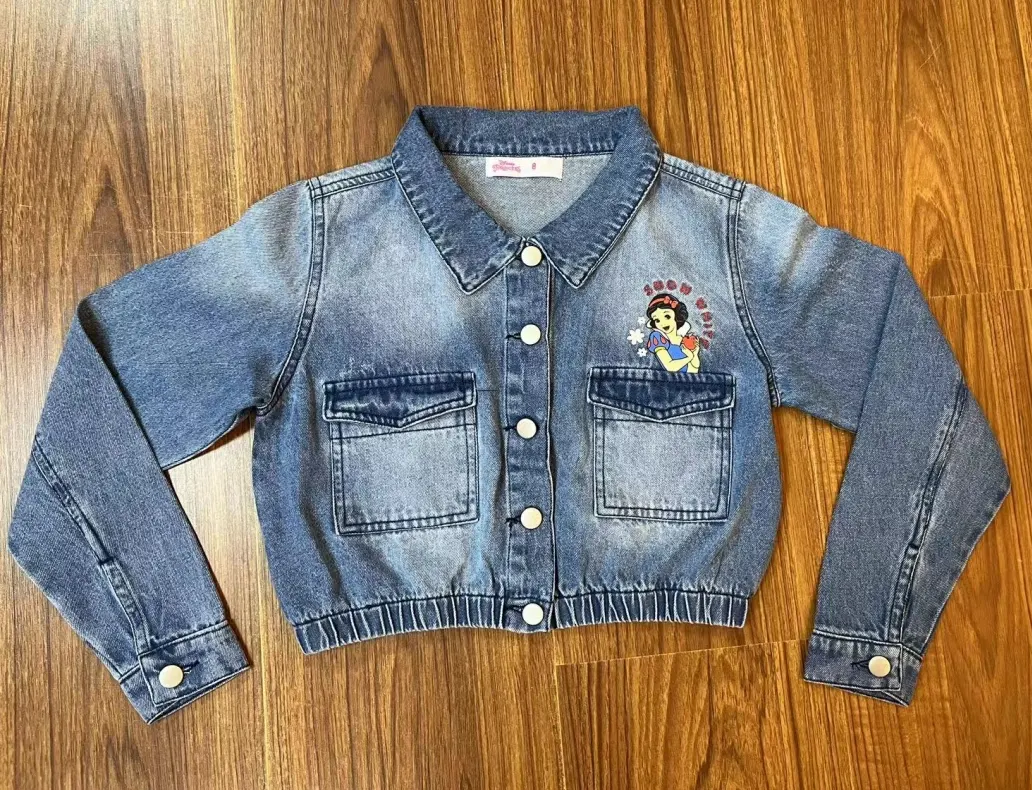- Batch inquiry
The Importance of Softness: Why Organic Cotton is Best for Babies
Aug 04,2025

The Importance of Softness: Why Organic Cotton is Best for Babies
Understanding the Sensitivity of Baby Skin
When it comes to our precious little ones, their skin is delicate and sensitive. Baby skin is significantly thinner than adult skin, making it more susceptible to irritants and allergens. This sensitivity is why parents must choose clothing that is not only soft but also safe and hypoallergenic.
What is Organic Cotton?
Organic cotton is a sustainable fabric made from cotton that is grown without the use of synthetic pesticides, herbicides, or genetically modified organisms (GMOs). The cultivation of organic cotton adheres to strict environmental and health standards, ensuring that the fabric is free from harmful chemicals that could irritate sensitive skin.
The Benefits of Choosing Organic Cotton for Babies
Organic cotton offers a multitude of benefits that make it the ideal choice for baby clothing:
1. Exceptional Softness and Comfort
One of the foremost advantages of organic cotton is its softness. Grown without harsh chemicals, organic cotton fibers are naturally smoother and more comfortable against the skin. This level of comfort is essential for babies, who spend a significant amount of their time in clothing.
2. Hypoallergenic Properties
Unlike conventional cotton that may be treated with harmful chemicals, organic cotton is naturally hypoallergenic. This characteristic makes it an excellent choice for babies who are prone to allergies or have conditions such as eczema. By opting for organic cotton, parents can minimize the risk of skin irritations.
3. Breathability and Temperature Regulation
Organic cotton is a highly breathable fabric. It allows air circulation, which is crucial for regulating a baby’s body temperature. This property helps to prevent overheating, ensuring that your baby stays comfortable in warm weather while also keeping them cozy during cooler months.
4. Eco-Friendliness and Sustainability
Choosing organic cotton not only benefits your baby but also the planet. Organic farming practices promote biodiversity, reduce pollution, and conserve water. By supporting organic cotton, parents are contributing to a more sustainable future for their children.
The Role of Certifications in Organic Cotton
When purchasing organic cotton products, look for certifications that guarantee the integrity of the fabric. Certifications such as GOTS (Global Organic Textile Standard) and OEKO-TEX® ensure that the cotton is genuinely organic and that it meets strict environmental and safety standards.
How to Choose Organic Cotton Clothing for Your Baby
Selecting the right organic cotton clothing involves more than just choosing the fabric. Here are some tips to ensure you’re making the best choices for your little one:
1. Check Fabric Composition
Always check the label for the fabric composition. Ensure that the item is made from 100% organic cotton or a high percentage of organic cotton blended with other natural fibers, such as hemp or linen.
2. Look for Certifications
As mentioned earlier, certifications are vital. They provide assurance that the products you are purchasing are genuinely organic and free from harmful chemicals.
3. Consider the Brand's Values
Research the brands you are considering. Opt for companies that prioritize ethical manufacturing practices, sustainability, and transparency in their sourcing and production processes.
4. Pay Attention to Sizing and Fit
Babies grow quickly, so it's essential to choose clothing that allows for movement and is designed to accommodate growth spurts. Look for adjustable features like stretchy waistbands and snaps.
5. Evaluate Care Instructions
To maintain the softness and integrity of organic cotton, follow proper care instructions. Avoid harsh detergents and opt for mild, eco-friendly products that are safe for your baby's sensitive skin.
Common Misconceptions About Organic Cotton
Despite its many benefits, some misconceptions about organic cotton persist. Let’s debunk a few:
1. Organic Cotton is Too Expensive
While organic cotton may have a higher upfront cost, its durability and the health benefits it offers can make it a more economical choice in the long run. Investing in quality clothing can reduce the need for frequent replacements.
2. All Cotton is the Same
Not all cotton is created equal. Conventional cotton is often treated with harmful chemicals that can affect your baby's health. Organic cotton's chemical-free nature sets it apart, making it a superior choice.
3. Organic Cotton Doesn’t Last
Organic cotton is just as durable as conventional cotton. With proper care, organic cotton clothing can withstand the wear and tear that comes with everyday use and can even be passed down to younger siblings.
Conclusion: Why Organic Cotton Is the Best Choice for Babies
In conclusion, the importance of softness and safety in baby clothing cannot be overstated. Choosing organic cotton for your baby's wardrobe provides unmatched comfort, hypoallergenic properties, and eco-friendliness, making it the best choice for both your child and the planet. As consumers become more aware of the benefits of organic materials, the shift towards sustainable, health-conscious options like organic cotton has become imperative.
FAQs About Organic Cotton for Babies
1. Is organic cotton really better for sensitive skin?
Yes, organic cotton is grown without harmful chemicals, making it softer and less likely to irritate sensitive skin.
2. How can I tell if a product is made from organic cotton?
Look for labels that include certifications like GOTS or OEKO-TEX®, which guarantee the organic status of the cotton.
3. Can organic cotton clothing shrink after washing?
Like any cotton fabric, organic cotton may shrink if not washed according to care instructions. Always wash in cold water and avoid high heat in the dryer.
4. Is organic cotton more environmentally friendly than regular cotton?
Yes, organic cotton farming practices are designed to protect the environment, conserve water, and promote biodiversity.
5. Are all organic cotton products safe for babies?
While organic cotton is generally safe, it’s crucial to ensure that the entire product, including dyes and finishes, meets safety standards.
This comprehensive guide highlights the undeniable advantages of organic cotton, making it the preferable choice for parents looking to provide the best for their babies. Embracing organic cotton not only ensures comfort and safety for your little one but also contributes to a healthier planet.
PREVIOUS:








